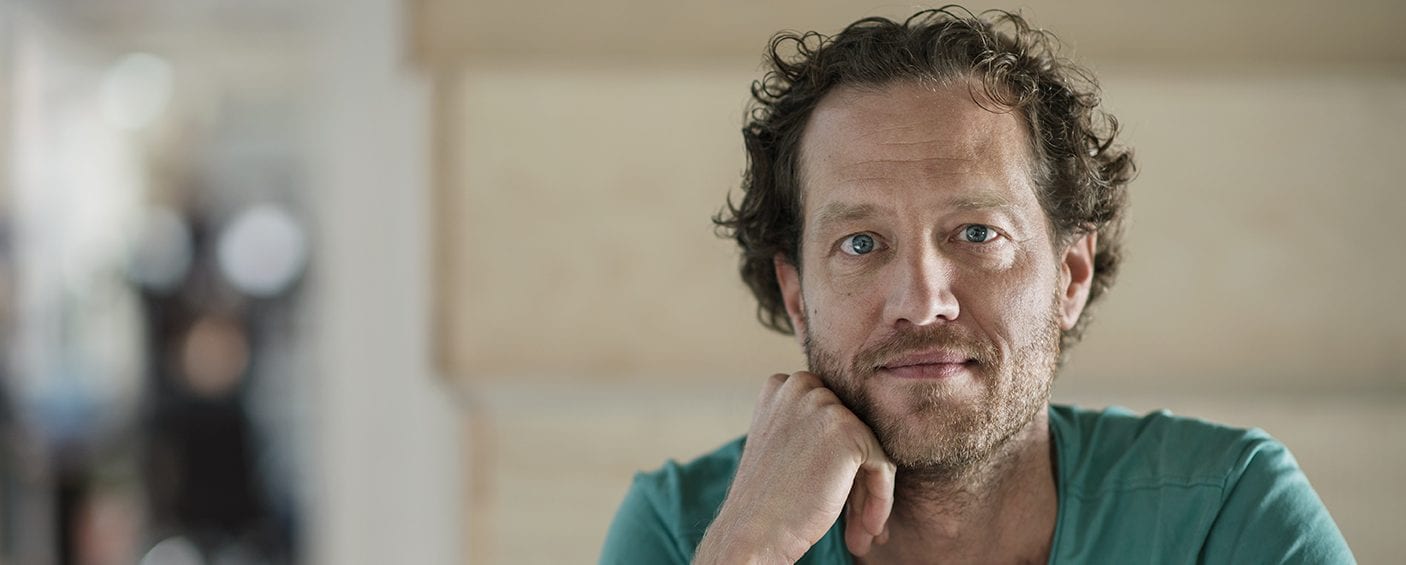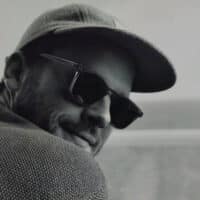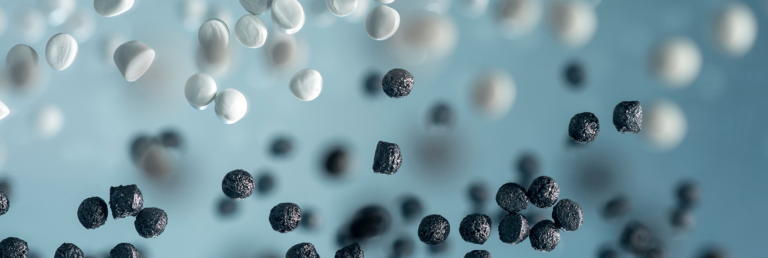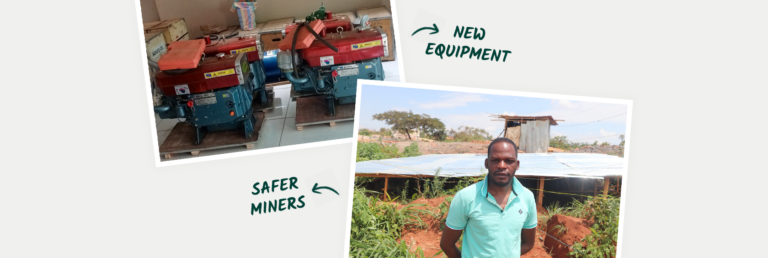Fairtalks #2: Bas van Abel on founding a startup to disrupt an entire industry
It all began with Waag Society, part of Amsterdam’s innovation cluster. The Waag is an iconic 15th-century building. Part of the original city wall, it has been a weighing house, a museum and a surgical theater where Rembrandt painted The Anatomy Lesson of Dr. Nicolaes Tulp in 1632.
Today, in keeping with its history, it is now home to Waag Society, a foundation that fosters innovation in technology, art and culture. Bas van Abel was the society’s creative director. He headed the Open Design Lab and launched Fablab, both of which help people to better understand and create products.
Fairphone’s origin story can be traced back to this innovative environment. “We started looking at conflict minerals, those related to the war in Congo. We felt that if we wanted to create awareness all the way to the consumer, then we have to be part of that system. So, we said, ‘Let’s make a phone,’” explains Bas. “We said, ‘If we sell 5,000 of these phones, we’d do it.’”
You can also follow the podcast on Spotify >>
Years later, Bas can look back on an unimaginable journey: Our podcast host Miquel sat down with Fairphone’s founder and all-round sustainable firestarter to really dive deep into the origins of what started out as an awareness campaign, turned into a movement and eventually became a social enterprise. Bas shares his unique perspective from behind the scenes of a growing social enterprise, as they discuss how it went from its humble beginnings to the Fairphone 3.
« One of the first executive decisions I had to make, was to bribe the minister of communication of the DRC. »
There is too much in this podcast to unpack in a few sentences, but as I sat in our little recording studio in the office, listening in on two of the people that dreamt up this initiative and went against all odds to grow it into what Fairphone has become today – I couldn’t help but feel proud. We’ve come along way together and you, our community, play a huge part in that. We really see a lot of potential for taking this podcast format further than our office. As we dig deeper, we’ll include you each step of the way. So now is your chance to let us know what your burning questions are and where you would like to see this podcast go in the next few episodes.
Let’s discuss in the comments below. And don’t hold back – Bas wouldn’t either.



